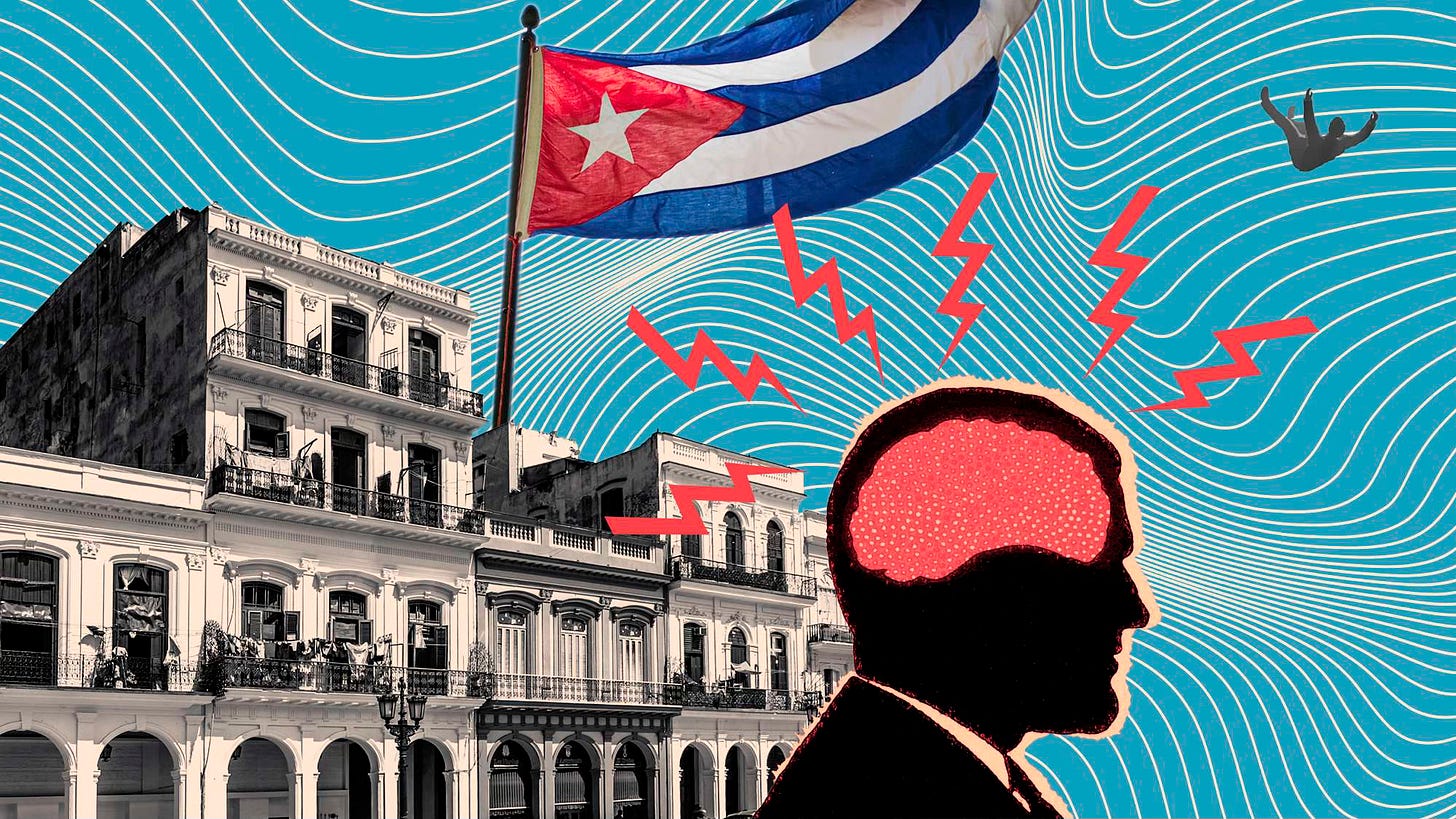Spy Agencies Again Dismiss Foreign Role in Havana Syndrome
Intel officials knock down ‘60 Minutes’ report on Russian role, but two spy agencies lodge mild dissents
The U.S. intelligence community, wading once again into a controversy that has divided U.S. government officials, reaffirmed its conclusion Friday that it is “very unlikely” that a foreign adversary has caused the range of debilitating health incidents known as “Havana Syndrome.”
The new intelligence community findings, however, are not likely to end an acrimonious and seemingly intensifying debate about the origins of baffling medical symptoms — including sharp painful sounds in the ear, excruciating headaches, vertigo and in some cases even brain injuries — that have been reported by hundreds of U.S. government officials and their dependents. These symptoms were originally reported in 2016 among U.S. officials in the U.S. Embassy in Havana— hence the name Havana Syndrome, although the U.S. government officially calls them Anonymous Health Incidents or AHI.
A new assessment released by the National Intelligence Council on Friday did, for the first time, reveal that two of seven intelligence agencies that participated in the community’s updated review had mild dissents, having found evidence that unidentified foreign actors have made progress in developing advanced weapons that could have caused a small number of incidents.




